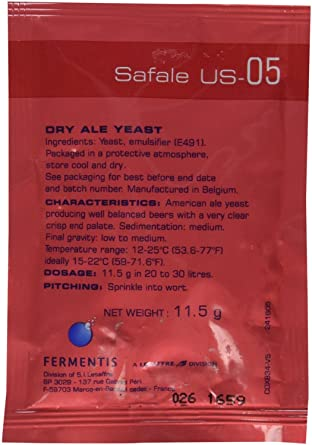Smiling Frog
Active Member
- Joined
- Sep 26, 2020
- Messages
- 34
- Reaction score
- 21
You should get in the habit of taking the gravity readings. If you are using extract, you are correct in that so long as you are using the amount of water called for, the OG readings should be what the kit says. Also, provided you are using the yeast the recipe was designed for and you have a good and healthy fermentation, the FG readings should be correct. So, the ABV stated for the kit should be fairly accurate.Speaking for myself, I'm new to the hobby, but my kits all have around the same amount of grain and generally result in the same amount of alcohol. The last few 5gal batches I don't bother checking OG or FG. Or just check FG to ensure its done.
People say "This is great beer! What percentage of alcohol is it?" - I tell them to shut up and drink.
However, if you start brewing all-grain, the OG reading is critical, since if you mess-up your mash, you will not have the amount of sugar you think you have, but will be totally unaware that anything is wrong. Likewise, the FG reading is important, not just to know the ABV, but it tells you if you are getting the attenuation you expect from the yeast. This also can be a result of how effective you mash was. This information is very helpful when you are trying to improve your brewing.














































![Craft A Brew - Safale S-04 Dry Yeast - Fermentis - English Ale Dry Yeast - For English and American Ales and Hard Apple Ciders - Ingredients for Home Brewing - Beer Making Supplies - [1 Pack]](https://m.media-amazon.com/images/I/41fVGNh6JfL._SL500_.jpg)










